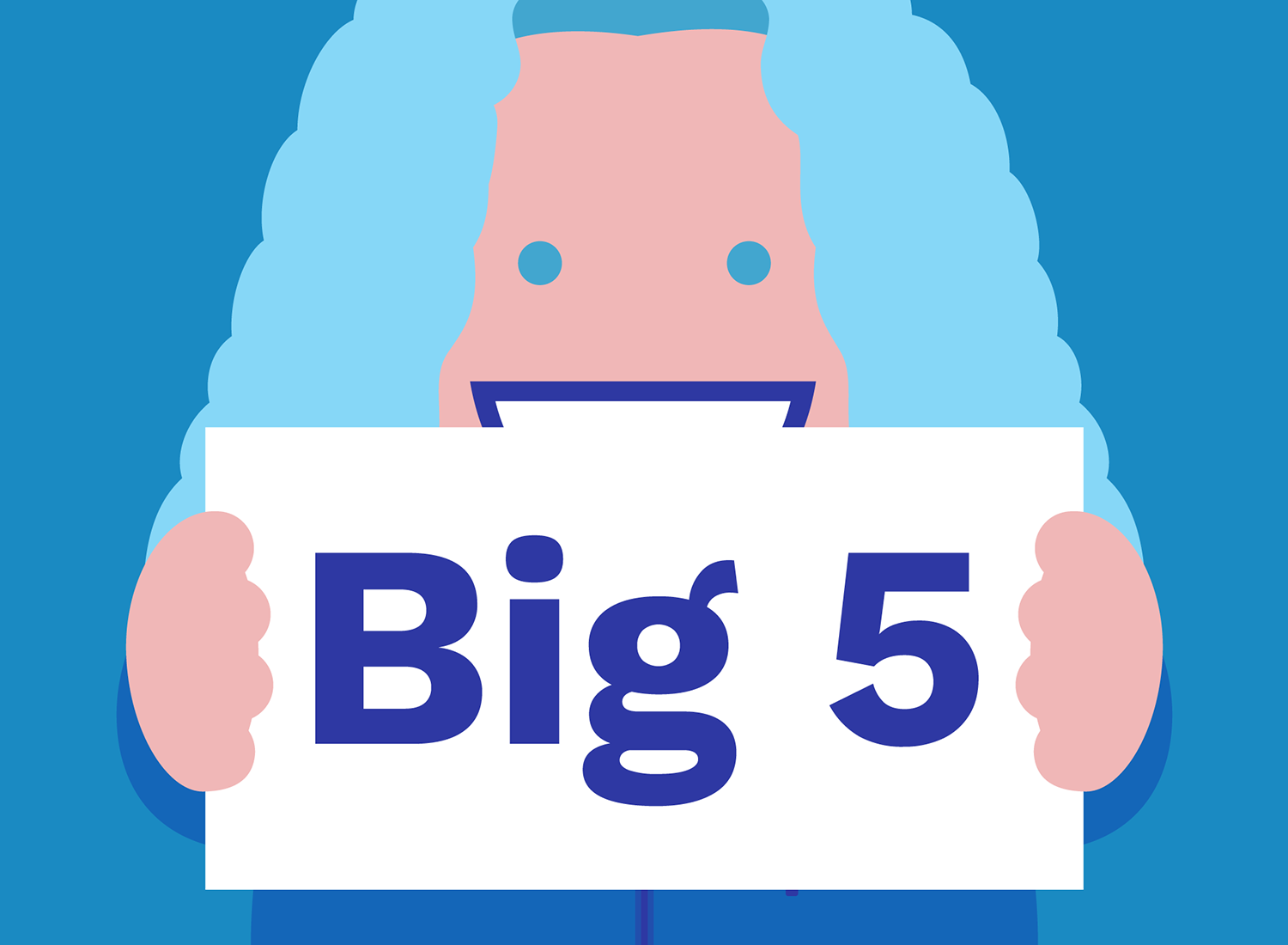"We deviate most on two of the traits; we are more introverted on average (low extraversion), and
we are more neurotic (high neuroticism)."
The Big Five Inventory-A (BFI-A) gives a measure of an individual’s personality. Higher autistic traits are predisposed to specific personality traits.

embrace-autism.com
"What is Neuroticism?
Classified as one of the Big Five personality traits, or the OCEAN model (openness, conscientiousness, extraversion, agreeableness, and neuroticism) psychologists look at to define personality, account for individual differences, and predict wellbeing, “neuroticism has to do with the ways people experience negative emotion in response to stress,” says clinical psychologist Kristin Naragon-Gainey, PhD, associate professor of psychology in The University of Buffalo’s Department of Psychology .
“Two people could be faced with the same situation and the neurotic one will put a negative spin on the experience and produce a stronger reaction to stress—with feelings like sadness, anxiety, fear, hostility, irritability, and anger,” Dr. Naragon-Gainey says. Often, their level of worry or sadness isn’t commensurate with what’s actually happening.
The Upside to Being Neurotic
A little neuroticism can be good for the soul. “These personality types tend to be intelligent, humorous, have more realistic (if cynical) expectations, a greater self-awareness, drive and conscientiousness, they take fewer risks, and have a strong need to provide for others,” says psychiatrist Grant H. Brenner M.D., FAPA, co-founder of Neighborhood Psychiatry, in Manhattan. And, according to research, neurotic people are more likely to be creative thinkers.
Neurotics also possess more emotional depth. “They have more experience handling negative emotions, which, though difficult, can also make them deeper, and facilitate empathy and understanding for other people’s struggles,” Dr. Naragon-Gainey explains.
Then there’s the evolutionary standpoint, which explains why neurotic people tend to think ahead and are more likely to be prepared for possible negative outcomes. “The reason we pay attention to negative emotions is because they’re informative of the environment or perceived danger,” Dr. Naragon-Gainey says."






